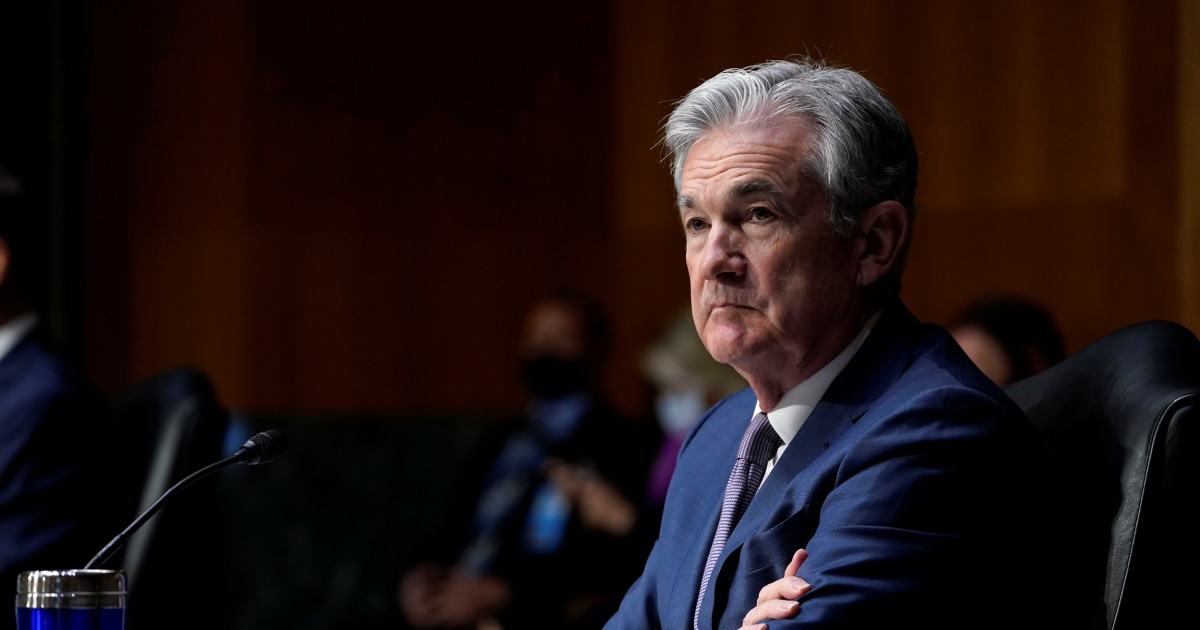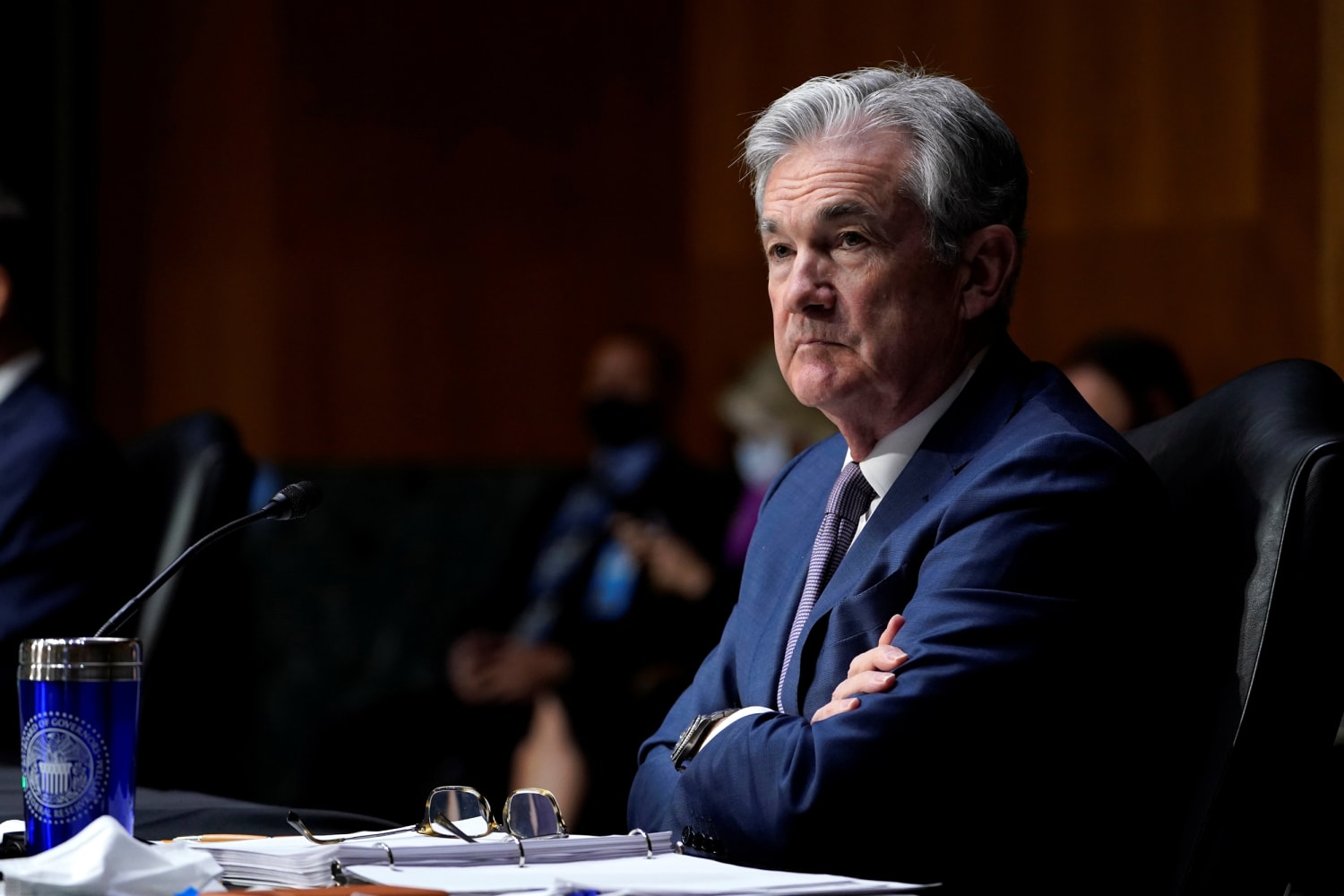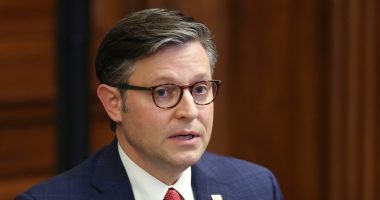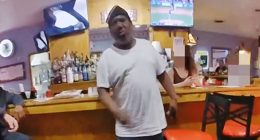
The Federal Reserve concludes its final meeting of a tumultuous year on Wednesday, as policymakers weigh a mixed bag of economic signals in setting the central bank’s course for the new year and beyond.
The first round of Covid-19 vaccine rollouts has begun and the stock market hovers near record highs, but infection rates are soaring, threatening to overwhelm some hospital systems, and labor market indicators have begun flashing red.
In addition, the expiration of eviction moratoriums, forbearance measures, pandemic unemployment assistance programs and small-business loan programs could also mean a “fiscal cliff” for homeowners, small-business owners and millions of ordinary Americans.
The Fed is “very focused on the labor market, the number of jobless claims, continuing claims and the number of people who have been impacted negatively by the pandemic,” said Bill Merz, senior portfolio strategist and head of fixed income research at U.S. Bank Wealth Management.
In November, the statement published by the central bank’s rate-setting committee reiterated its commitment to supporting the nation’s economic recovery through accommodative monetary policy. The Federal Open Market Committee pledged to hold interest rates at or near zero until employment recovered and inflation rose to — and remained in — the 2 percent range. Last month, the Fed also said it would continue to increase its bond-buying activities to promote market stability and credit access. Investors are particularly attuned to how, and how much, of those efforts will be extended into 2021.
Famed investor Warren Buffett on Tuesday praised the central bank’s unprecedented intervention to shore up borrowing facilities that were in danger of seizing up in the early days of the pandemic. Without these actions, companies who needed to access debt in order to ride out the economic shutdown would have had nowhere else to turn, Buffett told CNBC.
“The Fed did a terrific job. They saved us from something that would have been a lot worse from 2008-09 when they acted in March,” Buffett said.
The Fed’s statement — which is scrutinized for even the tiniest tweaks in verbiage — needs to execute a tricky balancing act in articulating how much more debt the Fed is willing to add to its balance sheet.
“The challenge is that communication has to thread the needle a bit. There needs to be enough specificity to make it relevant and meaningful but there can’t be so much rigidity it handcuffs the Fed unnecessarily in the future, given the broader mosaic of the economic landscape and the recovery,” Merz said.
Merz said income and wealth inequalities that have been exacerbated by the pandemic are another source of concern for the central bank. “We’ve heard an increasing focus on the topic of economic inequality from the Fed in recent meetings… Just about every press conference, that topic is highlighted, discussed and asked abour. It’s clear that the Fed views it as appropriate to continue to grow their focus in that area,” Merz said, although he added that Federal Reserve Chair Jerome Powell has frequently pointed to the limits of the Fed’s policy toolbox.
In recent press conferences, Powell has urged lawmakers, using increasingly strong language, to pass more fiscal stimulus. Buffett echoed this call to action on behalf of small businesses, which he called “collateral damage” in the war against Covid-19, and urged Congress to pass additional stimulus to assist the small businesses that will be unable to weather a pandemic-affected winter.
“We need another injection to complete the job and Congress is debating that right now. I hope they extend the PPP plan on a large scale to let the people who may see the light at the end of the tunnel get to the end of the tunnel. It’s very timely and it’s very important,” he said. “it would be so foolish to not follow through on this and able those people to get back to where they could do the kind of business they were doing before.”
Congressional leaders and the White House are reportedly nearing agreement on a roughly $900 billion coronavirus relief deal, sources familiar with the negotiations told NBC News Wednesday. The proposal, which is still being finalized and does not have leadership agreement, is not expected to include liability protections for employers or state or local funding, two sticking points in negotiations that have prevented Congress from passing meaningful Covid-19 legislation for months.
A deal would break months of stalemate and partisan sniping, while giving fresh hope for a relief package ahead of the holidays as Covid-19 cases surge across the United States.
Source: | This article originally belongs to Nbcnews.com









